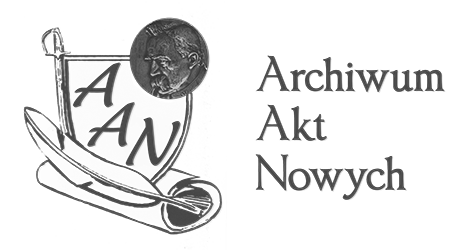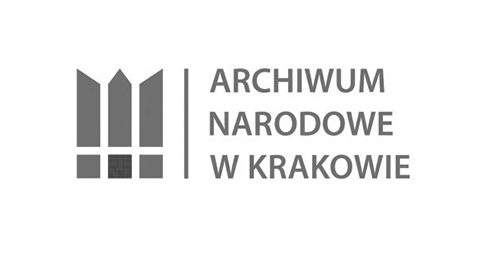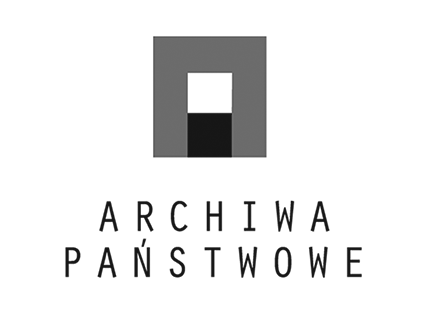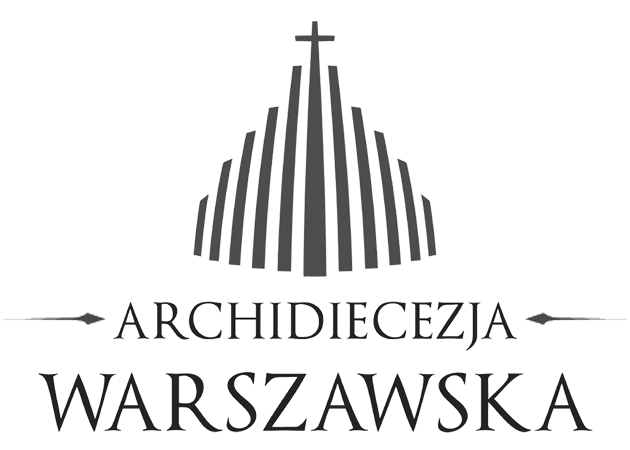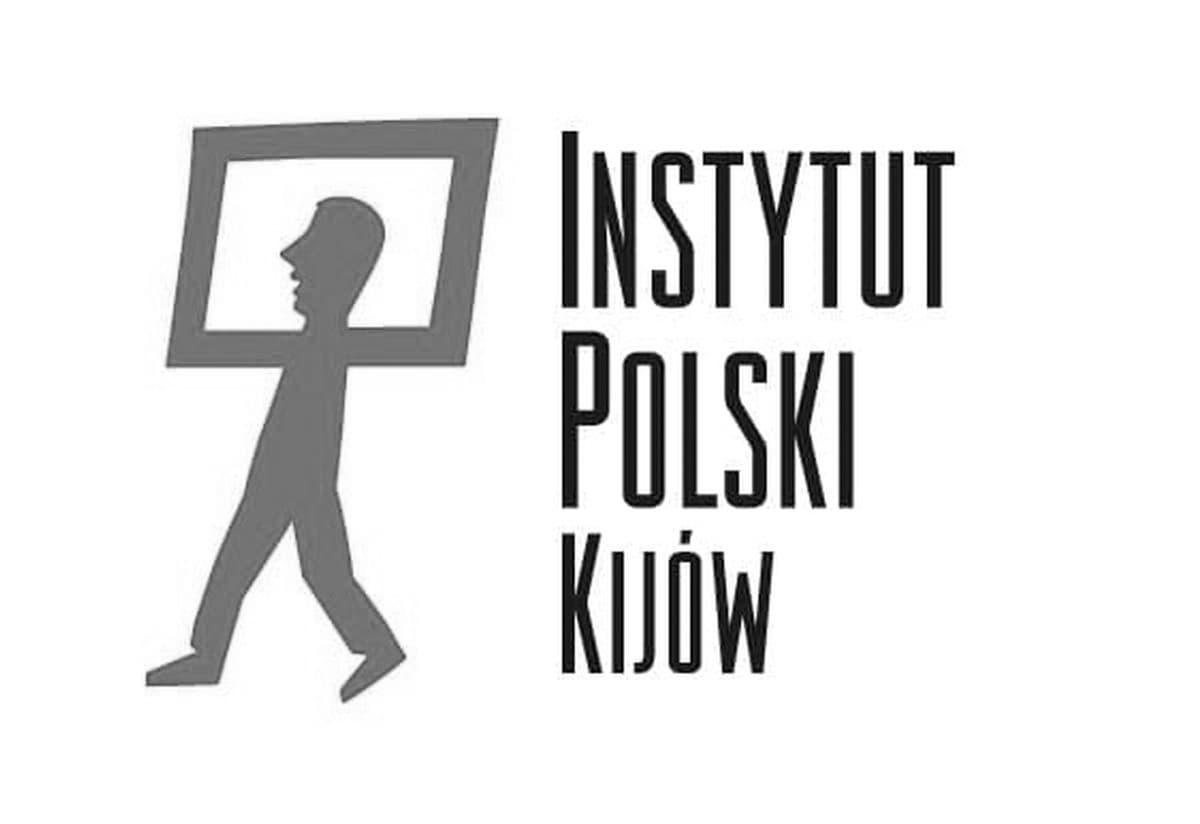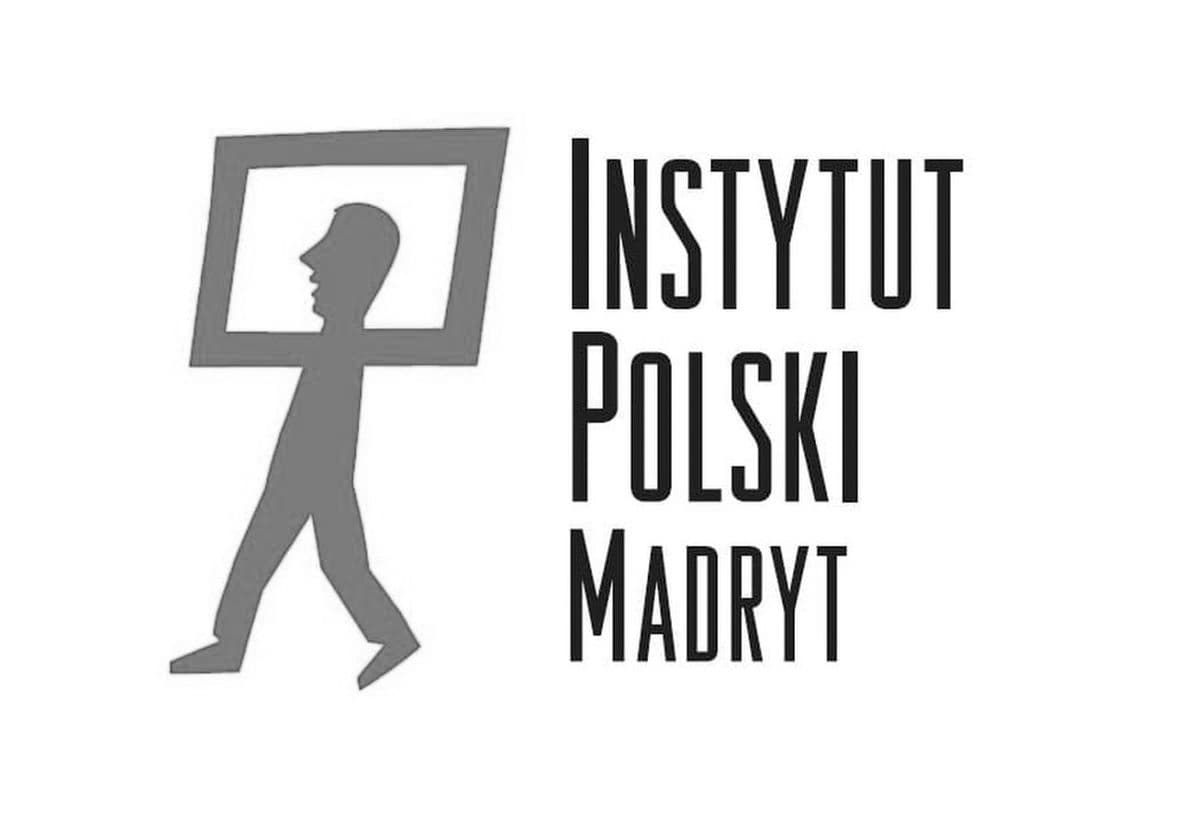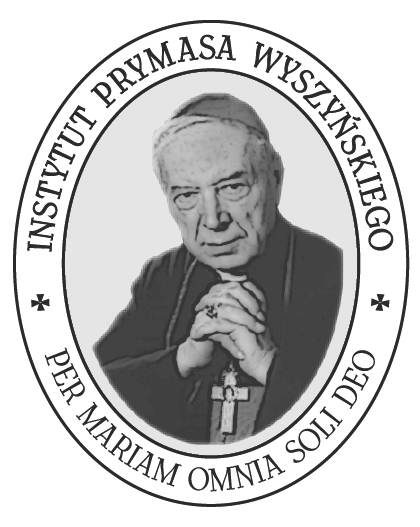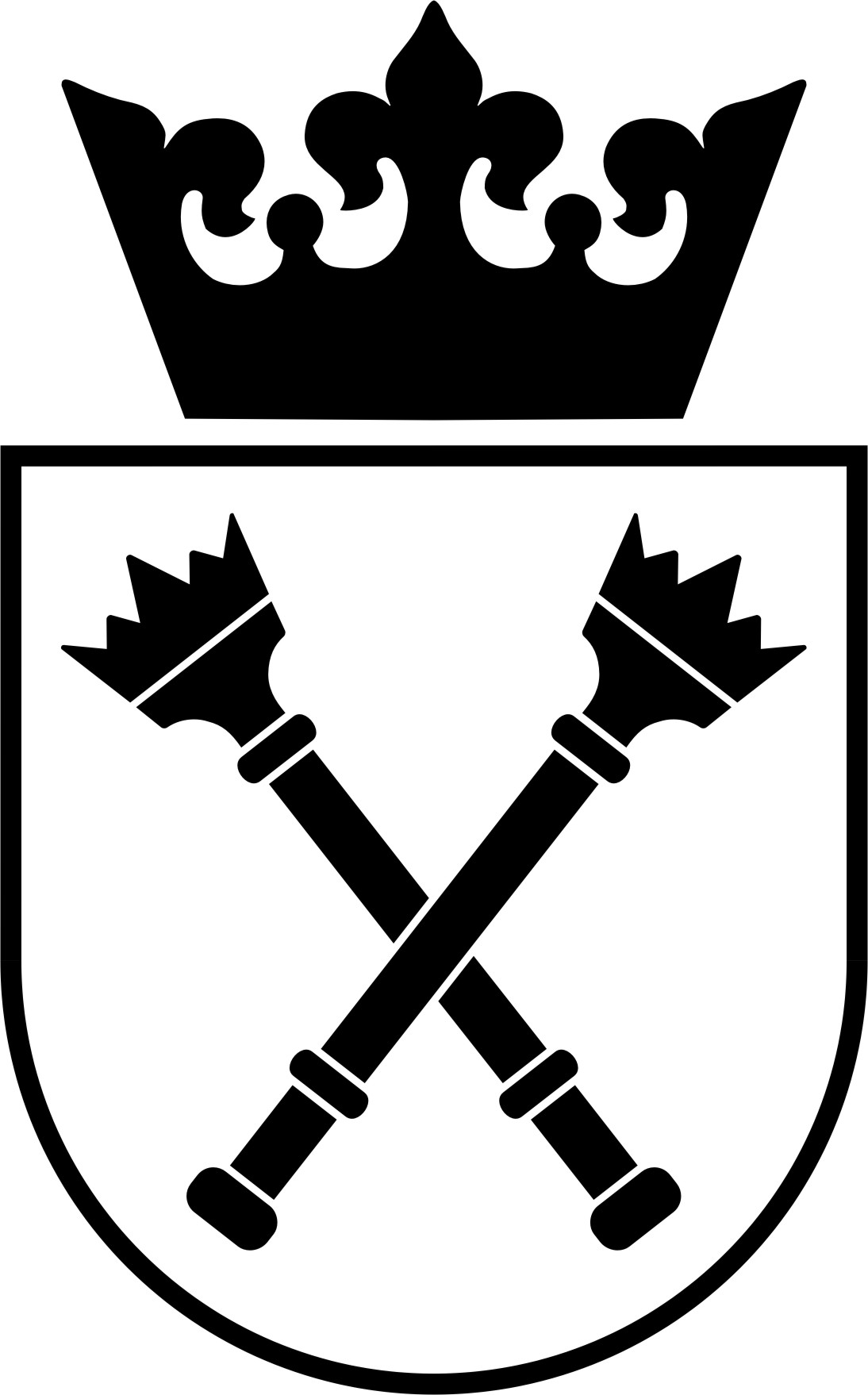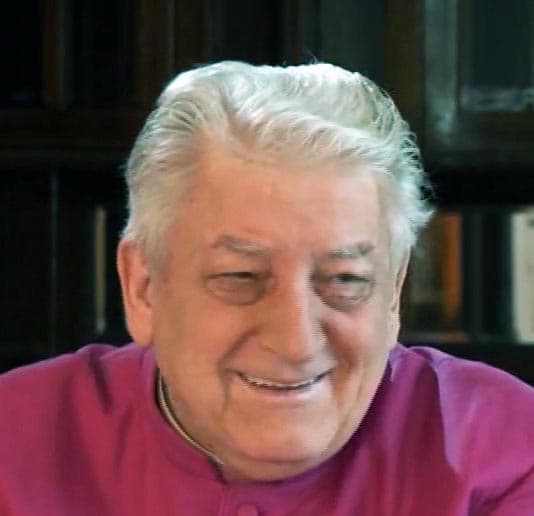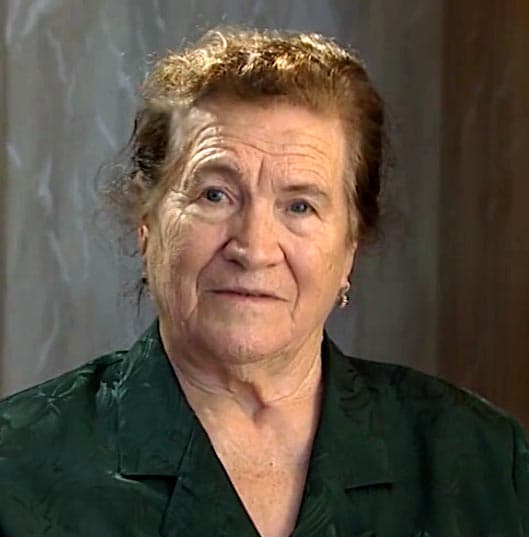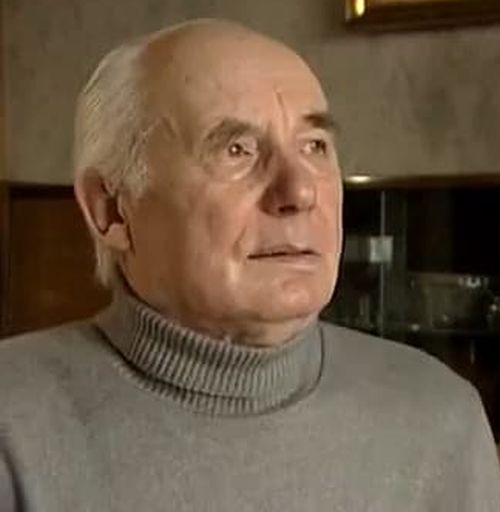Mercy of Karol Wojtyła
It has been 40 years since John Paul II's encyclical about God's mercy "Dives in misericordia". The Pope showed the role of mercy in his work, but in his life as well.
Fr. Karol Wojtyła with parishioners in Niegowić.
Drag timeline
April 1945
The Society of Brotherly Help of Jagiellonian University Students "Bratniak" is reactivated. Karol Wojtyła is appointed as the vice-president of the Society.
1948-1949
Pr. Karol Wojtyła's service in the Niegowić parish
1954-1978
Academic Work of Karol Wojtyła at the Catholic University of Lublin
30 November 1980
Publication of an encyclical "Dives in misericordia".
A wet shirt
“He had two shirts, one he had given away to a returnee and the other he had to wash and sometimes he would wear it while it was still wet.” That is the story about a clerical student from Kraków, Karol Wojtyła, as told by Pr. Jerzy Bryła, later a graduate of the seminary. After the World War II, many returnees from the East went to Kraków, left with nothing by the USSR. With one of them Wojtyła shared his humble wardrobe.
At the time, Karol Wojtyła was involved in a charity work in an organised way, he was the vice-president of “Bratniak”, a Brotherly Help of Jagiellonian University Students. The association started during the partition period in Poland, reactivated in 1945, and after the war its members’ hands were full. They were acquiring and dispensing anything that was needed: ration stamps, money, clothes and even accommodation. The professor in charge of the association was Prof. Stanisław Pigoń, known Polish literature historian. He appointed Karol Wojtyła, whom he had known, to be a part of its council. The Secretary was a friend of Karol’s, Andrzej Deskur, who would go on to become a cardinal and work in the Rome curia. It is worth mentioning that clerical students at that time were considered students of the Theology Faculty of Jagiellonian University. Later, in 1954, the Polish United Work Party would remove Theology Faculty from the university.
I have not had much sleep tonight
Karol Wojtyła was deeply involved in the activities of the association and was respected among its members. One of them, Stefan Płażek senior mentioned: “Once, when we got some things from the American UNRRA, among them eight short sheepskin jackets, exactly how many of us were working there. One of our friends proposed that, maybe, we could take them, since we were serving the community, and our clothes were rather poor. Karol Wojtyła objected immediately, and the jackets were distributed to the community.”
The gatherings of the society’s members would last for hours. Wojtyła’s seminary friend remembers one time, when, usually prepared Wojtyła was unable to answer one of his professor’s questions. “I have not had much sleep tonight. I was at the “Bratniak’s” council meeting, which lasted until morning” was Wojtyła’s excuse. (as told by Pr. Franciszek Konieczny in Kalendarium życia Karola Wojtyły by Adam Boniecki).
His position in the association Karol Wojtyła kept for a year. In 1946 he received the preponed Holy Orders and went to Rome for further studies. It was a short period, but it was very meaningful. Young Wojtyła was fascinated with the figure of Brother Albert Chmielowski, a cracovian friar, memory of whom was still very much alive (he died in 1916). Adam Chmielowski abandoned painting and chose the path of monastic life, to help the Kraków’s many poor, becoming one of them.
Empty laundry basket
From numerous testimonies we know that Pr. Wojtyła practiced poorness as well. To his first parish, Niegowić, he arrived in 1948. Electricity had not been introduced there yet and the people there lived in poverty. Best relation of Pr. Wojtyła’s attitude we have from the parish housekeeper, which was uttered unintentionally. She was complaining to Pr. Marcin Jakub that his predecessor “had given everything away to the poor” to the point that he had not had anything in his laundry basket.
Later, when Pr. Wojtyła became the cracovian Archbishop, he had at his disposal slightly larger funds, but his behaviour did not change much. We know this from his memoirs form the time when he was a professor on the Catholic University of Lublin (1954-1978). He supported students financially and since he had become a bishop, ha had been spending his salary on scholarships and tickets for students so they could get to him in Kraków. One of the students was Zofia Pochmara-Wysoczyńska, who relates that Pr. Wojtyła printed and sold academic books and then through Pr. Tadeusz Styczeń he would give the money to the poorest of students. “Thanks to him, I was able to finish the university at all” – Zofia Pochmara-Wysoczyńska summed up.
Source of mercy
Several memories that people have of Pr. Wojtyła from before his papacy shows how the future Pope practiced acts of mercy, in a material way. As John Paul II, during the third year of his pontificate he wrote an encyclical about God’s mercy Dives in misericordia, which 40th anniversary we are celebrating on 30th November. In the encyclical the Pope shows the deep meaning of mercy, that mercy is not just charity, and the source of mercy.
John Paul II writes: “Human reaches the God’s merciful love, his mercy, as much as he himself changes internally in the spirit of a similar love for the others.” Merciful attitude towards the others helps in experiencing the very nature of mercy – “God’s most important attribute” (cf. Diary, Faustina Kowalska).
text: B. Stefańska, transl.: J. Skibiński
Sources
Video Records
Video Records
Event Place
Choose location...
Kraków
Niegowić
Lublin
Keywords
Project implemented by: 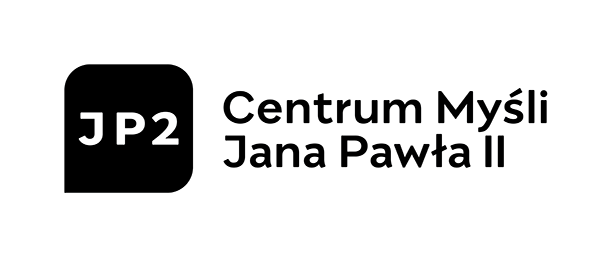

Project co-financed by: 

Patronage: 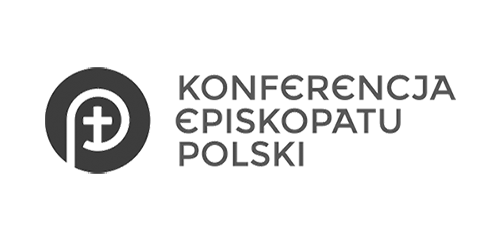

Partners: 